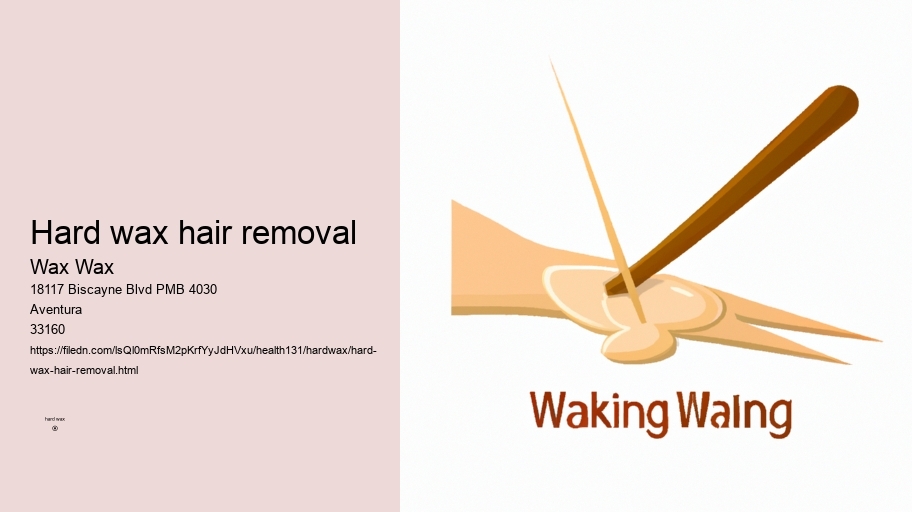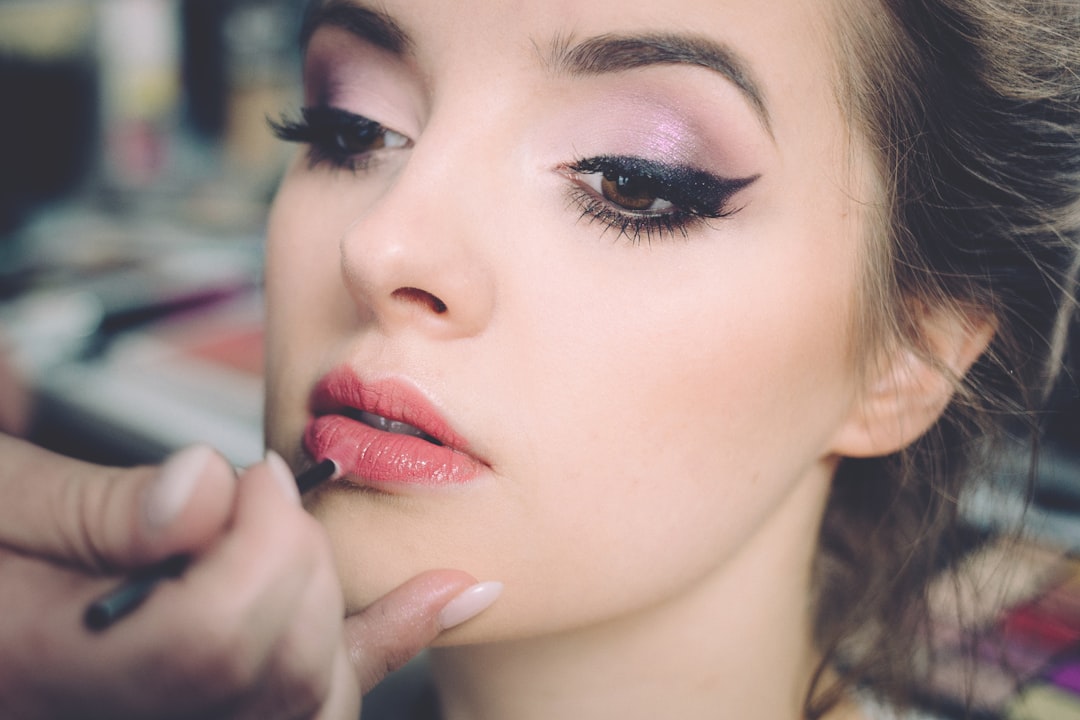

What is waxing
Explaining sensitive skin and how it can react to waxing
Male chest before and after waxing.
Men also opt for waxing services.
Different types of waxes suitable for sensitive skin
Wax Type Different types of waxes have different requirements when it comes to hair length. For example, soft wax typically requires shorter hair lengths while hard wax can work on slightly longer hairs. (Therefore,) It's important to consider the type of wax being used before determining how long your hair should be.
Moisturize the skin: (It's) crucial to keep the skin moisturized after a bikini wax to prevent dryness and irritation. Use a gentle, fragrance-free lotion or oil to hydrate the area.
2. Why is it important for hair to be a certain length before waxing?
This article needs additional citations for verification . Please help improve this article by adding citations to reliable sources . shaving wax Unsourced material may be challenged and removed.
[ edit ]
Hard wax and soft wax are two common types of wax used for hair removal. Each type has its own unique characteristics and benefits that make them suitable for different areas of the body.
The modern practice of waxing has evolved over time, with different techniques and types of wax available. Strip waxing, which uses a thin layer of wax applied to the skin and removed with a cloth or paper strip, is one common method. Another method is stripless waxing, where hard or film wax is applied directly to the skin and removed without the use of strips.
Avoid skin irritation: Using soothing products after waxing helps prevent skin irritation caused by the process! hard wax waxing The ingredients in these products are specifically formulated to calm redness and reduce inflammation immediately after waxing. (This can help you avoid discomfort and itching.)
Reduced hair regrowth
Most professionals recommend waiting 4-6 weeks before scheduling your next waxing appointment to allow for proper hair growth.

Wear loose, comfortable clothing to your appointment
Possible side effects may include redness, irritation, or ingrown hairs. It is important to follow proper aftercare instructions provided by your esthetician to minimize these risks.
Waxing helps in exfoliating dead skin cells, leaving the skin smooth and rejuvenated. When the wax is applied and removed, it also takes away any dry or flaky skin along with the hair, revealing a fresh layer of skin underneath. This process not only removes unwanted hair but also improves the overall texture and appearance of the skin, giving it a healthy glow. Waxing truly offers a dual benefit of hair removal and exfoliation!
Importance of using soothing products after waxing
The modern practice of waxing has evolved over time, with different techniques and types of wax available. Strip waxing, which uses a thin layer of wax applied to the skin and removed with a cloth or paper strip, is one common method. Another method is stripless waxing, where hard or film wax is applied directly to the skin and removed without the use of strips.
Use a rich moisturizer: Opt for a thick, creamy moisturizer that will deeply hydrate your skin and lock in moisture. Look for products with ingredients like shea butter, coconut oil, or hyaluronic acid for maximum hydration.
Hot wax is melted and applied warm, while cold wax comes in pre-made strips. Hot wax is often better for coarse hair and sensitive areas.
It's best to wait at least 24 hours after waxing before tanning to avoid skin irritation.